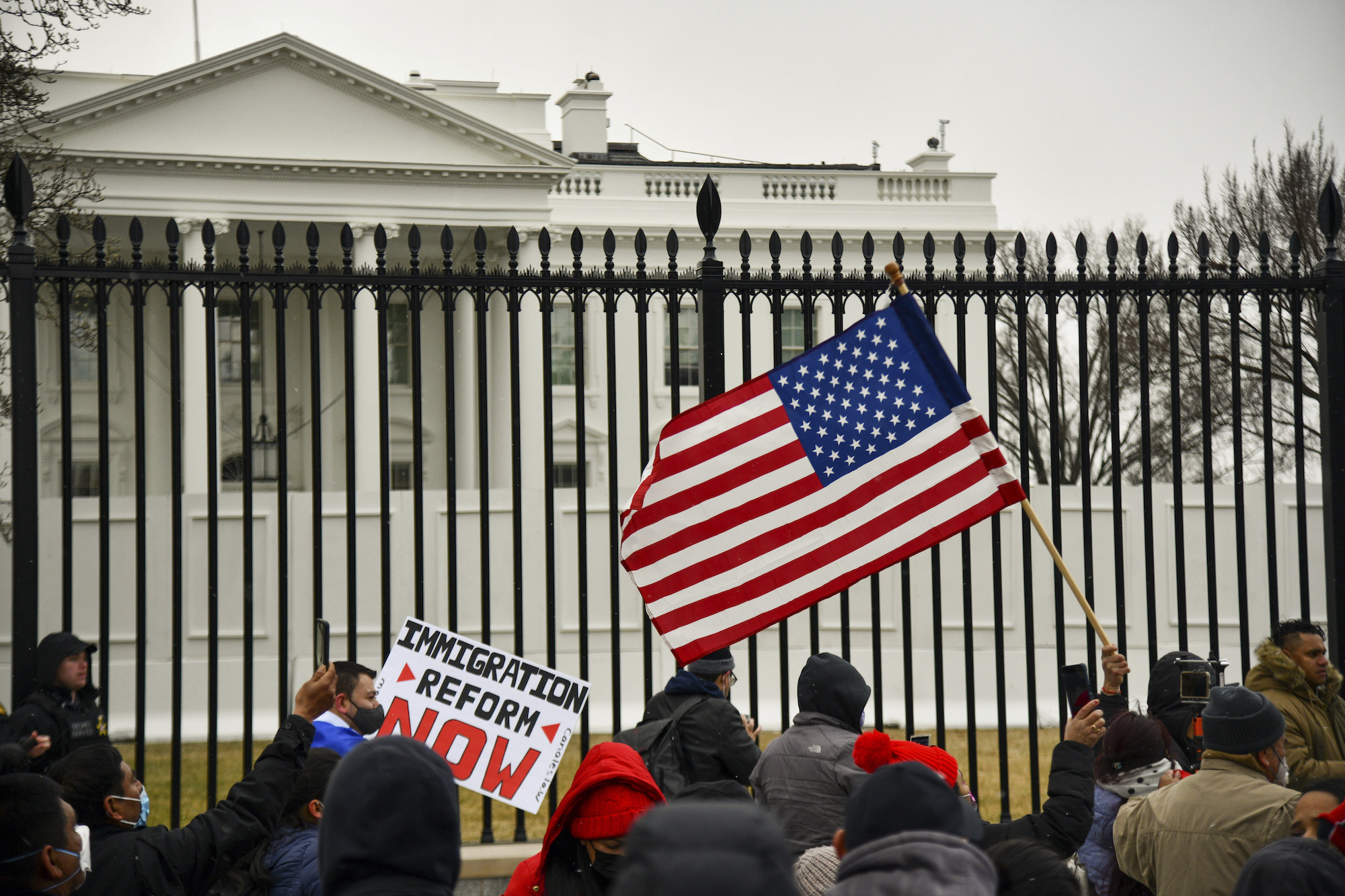ACLU, Federal Defender Respond To Supreme Court Ruling That Limits Federal Law Seeking to Criminalize Speech About Immigration
The court ruled that a federal law making it a crime to encourage unlawful immigration must be interpreted narrowly to avoid impinging on First Amendment rights
WASHINGTON — In a decision limiting the scope of a federal law that threatened free speech rights, the Supreme Court ruled today that the government cannot criminalize speech that merely encourages a noncitizen to enter or stay in the U.S. unlawfully. It can only do so where the defendant intentionally solicits or aids and abets specific unlawful acts. The decision comes in United States v. Hansen, which considered whether the “encouragement provision” of a federal immigration law unconstitutionally criminalizes large swaths of speech protected by the First Amendment.
“The Supreme Court has drastically limited the encouragement provision to apply only to intentional solicitation or facilitation of immigration law violations,” said Esha Bhandari, deputy director of the ACLU’s Speech, Privacy, and Technology Project. “As written by Congress, the law has left people wondering what they can safely say on the subject of immigration. Now we expect the government to respect free speech rights and only enforce the law narrowly going forward.”
Until this case reached the Supreme Court, the Justice Department had asserted a much broader reading of the federal law, refusing to admit limits on its power to prosecute people for their advocacy. Today’s ruling eliminates that uncertainty.
“The court’s decision reaffirms that the government can only make speech a crime under very stringent circumstances,” said Carolyn Wiggin, assistant federal defender. “As the Supreme Court interpreted the law at issue, when a friend, family member, or professional simply suggests a noncitizen remain in the United States, or informs them of their rights if they stay unlawfully, they cannot be prosecuted as a felon.”
The Federal Defender’s Office for the Eastern District of California and the American Civil Liberties Union represented defendant Helaman Hansen in urging the court to hold that the law violated the First Amendment, including by making it illegal to encourage conduct that is not itself a crime. In this case, Hansen was criminally charged with encouraging two noncitizens to remain in the country after their visas expired, even though overstaying a visa is not itself a crime. The court’s decision today leaves open the question of whether anyone can be prosecuted for intentional solicitation or facilitation of mere civil immigration violations. On remand, the Ninth Circuit should, consistent with the court’s opinion, order that Hansen’s two counts under the encouragement provision be dismissed.
United States v. Hansen is a part of the ACLU's Joan and Irwin Jacobs Supreme Court Docket.




